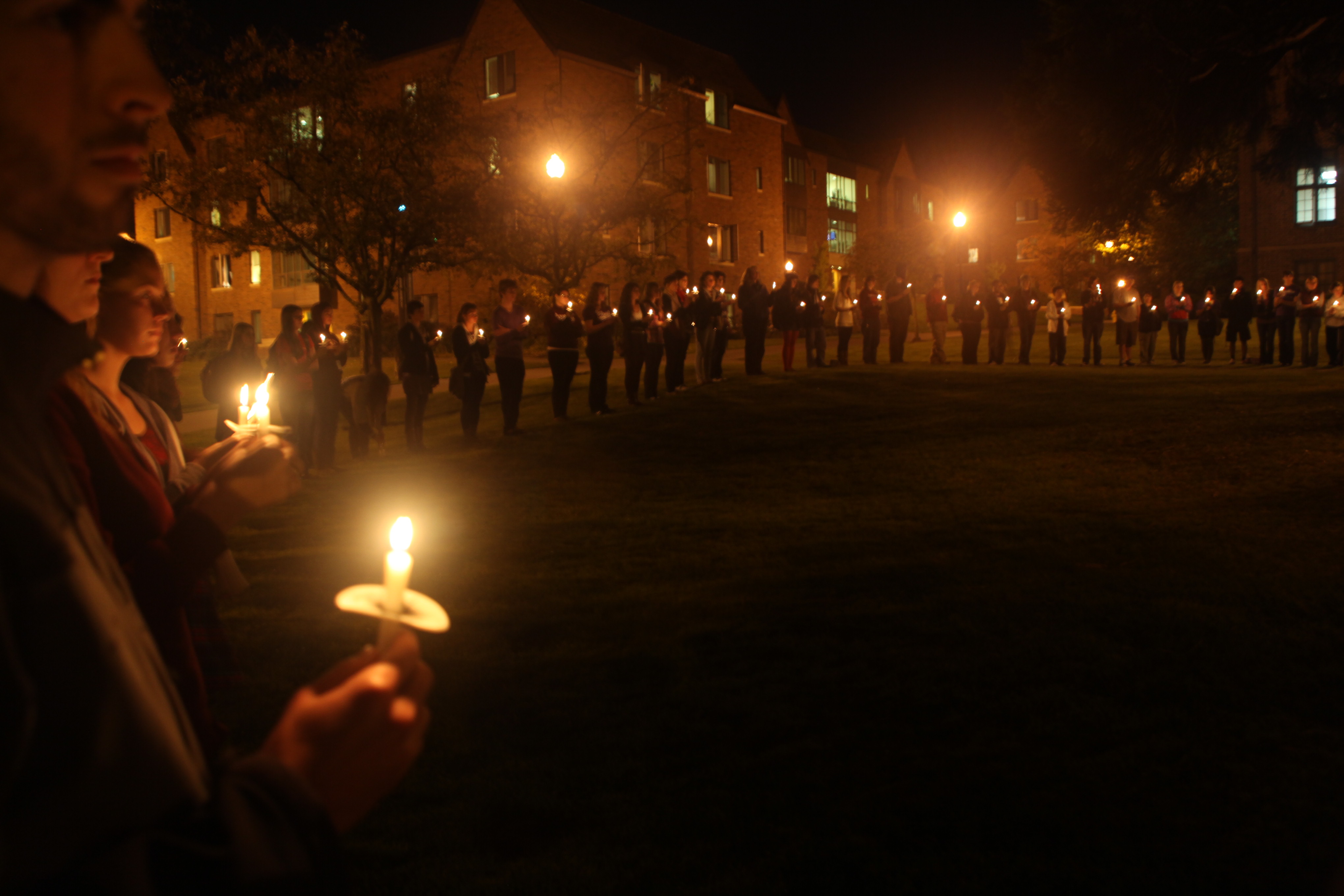
Over the past month and a half, three different Washington colleges have been struck by tragedy. A number of young students have either died or been hospitalized through different circumstances, alarming the collegiate community.
University of Washington junior Carly Henley was found dead in a back stairwell near the Phi Delta Theta fraternity on Oct. 6, 2010. Henley was 20 years old and belonged to the Delta Gamma sorority. Henley was also an avid singer, songwriter and guitar player. The King County Medical Examiner’s Office has ruled her death to be a suicide. Videos of Henley performing can still be found on YouTube. Henley’s family has created the Carly Henley Project: Love the Skin You’re In, which will transform all of Henley’s unfinished songs to studio-quality recordings and produce a CD in her honor. The sales of the CD will be donated to youth music and art programs.
Western Washington University freshman Dwight Clark disappeared on Sept. 26, 2010 after attending an off-campus party six blocks from his dormitory. Clark was 18 years old and a resident of Auburn, Washington. His body was found 11 days later on the morning of Oct. 6 floating in a log lagoon in Bellingham Bay. Dr. Gary Goldfogel, the Whatcom County medical examiner has concluded that Clark’s body does not show any inflicted trauma that may have caused his death. Clark was found with his student ID card, cell phone, credit cards and driver’s license. After a complete forensic examination Goldfogel reported that Clark’s death happened in the water and that his body was in the water for the entirety of the time that he was missing. According to Goldfogel, the results of toxicology tests and a final autopsy will not be released for another 6 weeks or so which will determine the exact cause of death. Friends of Clark have started a fundraiser through Facebook in order to raise money to build an indoor skate park in Auburn to honor Clark’s memory.
On Friday, Oct. 9 2010, nine students, the majority of them female, at Central Washington University (CWU) were hospitalized after attending a party 30 miles from the CWU campus in the small town of Roslyn. When police reported to the party there were over 50 people at a CWU freshman’s parent’s summer house at “all different levels of intoxication,” Cle Elum Sgt. Monty Moore said to the Seattle Times.
Before being confirmed by toxicology reports, many believed that students at the party were intentionally drugged. Most students who were affected claimed to have only consumed a few drinks which did not match up to their physical reactions. In a press conference on Monday, Oct. 25, officials at CWU stated that toxicology reports revealed that students ingested an alcoholic energy drink called “Four Loko.” The level of alcohol in one can of the caffeinated drink is equal to five to six beers. Four Loko has been nicknamed “black out in a can” and because the drink contains high levels of caffeine and sugar, the effects of the alcohol are delayed.
The hospitalized students had an average blood alcohol level of .23 and a blood alcohol level of .3 is considered deadly.
Caffeinated alcoholic drinks have caused problems on many other college campuses around the country.
Washington State Attorney General Rob McKenna sent the results of the investigation to the Food and Drug Administration the same day of the press conference. McKenna announced that he will be pursuing a national restriction on the sale of alcoholic energy drinks or at the very least, a ban on the sale of the drinks in Washington. President of CWU James Gaudino has immediately banned alcoholic energy drinks on the CWU campus.
Gaudino stated at the press conference, “We need to make sure that we’re sending a strong message to students about the dangers of [alcoholic energy drinks] and we need to know more about the way it affects health and behavior.”
CWU may sanction students who were at the party, which may lead to alcohol education classes, suspension, or expulsion from the University.
